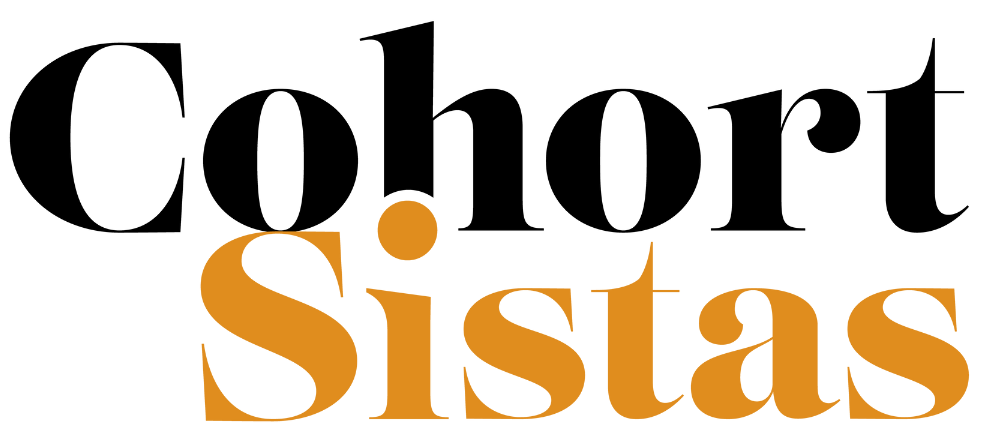Ep. 211: Dr. Fatu Badiane Markey on Working at a Non-Profit After Completing a Science PhD
Ph.D. Molecular Biology Rutgers University, Newark Dr. Fatu Badiane Markey
We all know that the journey to getting your Ph.D. can be arduous and often non-linear, but what happens after you’ve received your degree? What if the traditional academic path doesn’t turn out to be precisely what you want to do? Today, we welcome to the podcast Dr. Fatu Badiane Markey; a science programs officer at the Rita Allen Foundation and co-host of the We Love Science podcast. Before transitioning into a career in science communications and non-profit foundation grant-making, she received her Ph.D. in molecular biology at Rutgers University in Newark. In this episode, she takes us along on her educational journey leading to her application for doctoral programs, we discuss the pros and cons of working with a brand-new professor and PI in her doctoral degree and how she ultimately realized she did not want to run her own lab as a scientist. If you want to hear about how a last-minute application to a job turned into a fulfilling non-academic career, and if you are interested in transitioning from a science doctorate to a non-research or teaching career, then be sure not to miss out on this episode of The Cohort Sistas Podcast!
Key Points From This Episode:
• An introduction to our guest, Dr. Fatu Badiane Markey.
• She tells us about her passion project: We Love of Science, the podcast.
• She dives into her personal background: the journey to her Ph.D. application.
• How she transitioned from a career in the sciences (academically) into a non-profit.
• Her thought process in deciding on a Ph.D. program and why she chose Rutgers.
• How she found her thesis advisor.
• The pros and cons of working with a brand-new “green” professor or PI.
• What shaped her aversion to becoming a PI.
• We discuss funding and mentorship: Black women and mentors along her journey.
• More about how her program was funded and specifics related to financials and her cohort.
• She talks about creating and maintaining relationships in a large cohort.
• Skills and qualities, gained throughout her doctoral degree, that translated into her job
application for a science communication role.
• Something she would do differently, if she could, in her doctoral journey.
• A quick tangent on the topic of her research!
• Her best piece of advice
—
The Cohort Sistas Podcast brings to life the stories, struggles, and successes of Black women and femmes with doctoral degrees and their lives beyond the degree. If you are a Black woman or non-binary scholar looking for resources, mentorship, and support along your doctoral journey, join the Cohort Sistas community. If you are looking for more information on how to support or partner with Cohort Sistas, please visit our partnerships page. Find us on Twitter and Instagram, and don’t forget to follow The Cohort Sistas Podcast, rate the show, and leave us a quick review.


